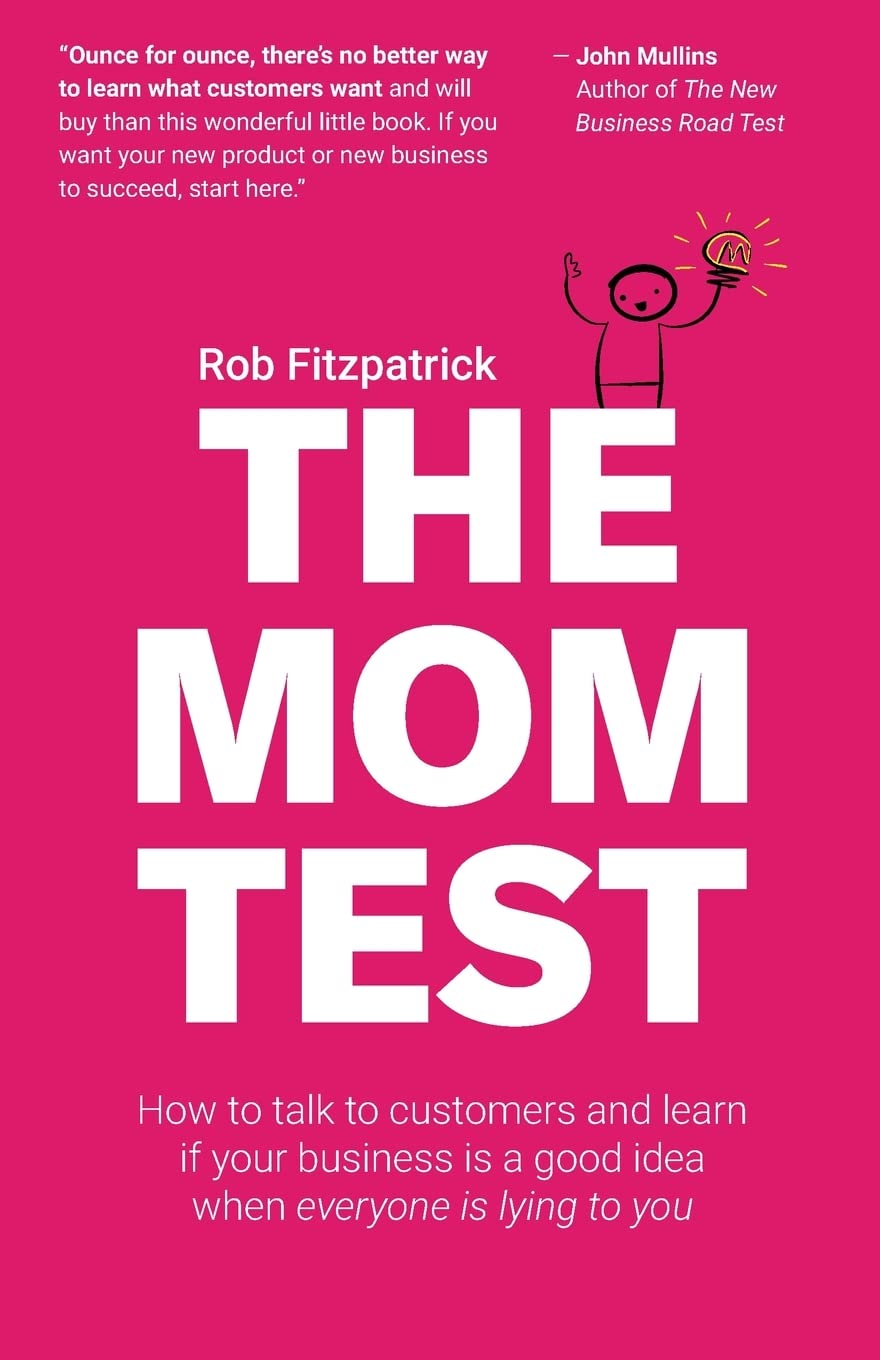Food: What the Heck Should I Eat - Dr. Mark Hyman MD
- Anderson Petergeorge
- Oct 9, 2023
- 4 min read

Summary: Dr. Hyman takes a close look at every food group and explains what we've gotten wrong, revealing which foods nurture our health and which pose a threat. From grains to legumes, meat to dairy, fats to artificial sweeteners, and beyond, Dr. Hyman debunks misconceptions and breaks down the fascinating science in his signature accessible style.
Notes
Oatmeal is not healthy if it has sugar in it
Egg yolks do not increase cholesterol
Avoid fruit juices they are just as bad as soda
Main reason for increased weight gain is insulin
Lots of risks with consuming dairy
Food is the best medicine
AHA and other organizations giving out guidances are incentivized by profit (more products with their label or sponsored by food companies)
Always ask - who is funding the study? It’s 50x more likely they will be positive about that company
Non grass-fed beef has more antibiotic resistance if you eat it
Try and eat more organ meat like liver for your gut and for overall nutrients
Look for liver recipes - sautéed liver over rice
How you cook meat matter - creates carcinogens. Don’t over grill and create grill marks shows there are carcinogens in it
Labels to look for:
Animal welfare approved
Certified humane
Global animal partnership
Food animal certified
Grass-fed - AGA Certification
USDA organic is second best but not as good as certified grass fed
Avoid added sugar, high fructose corn syrup, MSG
Applegate is a good brand
Avoid hot dogs at all costs
Look for uncured meat
Marinating meats esp in garlic onion and lemon helps remove and prevent toxins add rosemary to meat too
Also avoid deli meats
Always try and get pasteurized eggs and chicken but hard to find. Second best is certified organic
Dairy is not good for you and can actually create cancer
If you want dairy stick to sheep and goat
For anything from cows look for grass fed things to avoid antibiotics
70% of adults are lactose so no need to force dairy. We start losing the ability to have lactose after 2 years old
Dairy can actually make bones brittle. Calcium doesn’t help bones it’s more vitamin d
Cheeses to eat Feta, Manchego, Parmesan
Fish
Smaller fishes have the most omega 3 benefits and other fatty acids
“Hard to be a healthy person without eating fish and seafood”
Tuna should only eat once a month due to high mercury
Stay away from sword fish
The larger the fish more mercury it has - stick to fish that can fit in your pan
Farm fish to avoid as they have highest infection from swimming in their own filth and limited room from other fish and fed soy
Fish is highly recommended for pregnant woman as it makes their babies smarter. Babies had IQs 2.6 on avg higher from mothers that ate fish. 8-12 ounces a week recommended if dark and small fish. Fish oils recommended. Sardines and herrings recommended
28% of fish on the market are mislabeled. Best to buy from fish markets directly
Canned tuna has a lot of mercury. Alaskan salmon, sardines, mackerel, and herrings better in cans.
Sushi grade tuna has 10x more mercury than other grade
Try to go wild fish over farmed. Best large fish to eat is wild caught Alaskan salmon
Cleanfish.com to learn more
Try and eat a variety of seafood so you don’t get just one toxin or pollutant constantly
10 seafood in order with lowest mercury
Scallops
Canned salmon
Clams
Shrimp
Oysters
Sardines
Tilapia
Anchovies
Wild salmon
Squid
Highest mercury in order:
Pile Fish
Swordfish
Shark
King Mackeral
Big eye tuna
Spanish Mackeral
Tuna
Removing fish skin helps remove some of these toxins that tend to concentrate in the skin
Fish oil recommended 1-2 grams a day
Check foodthebook.com to learn of best fish oil brands
Localcatch.com to look for good fisheries in your area to buy from
Logos to look for:
Marine stewardship council
Gulf wild
Wild Alaska Pure Logo
Global Agriculture Best Practices Logo
Summary Fish
You should eat seafood at least 3 times a week
Avoid big fish that typically contain a lot of mercury and toxins
What to eat : wild salmon canned or fresh especially Alaskan salmon, small fish such as sardines, anchovies, Mackeral, herrings. Clams, scallops, shrimp (from Gulf of Mexico)
Potatoes are just as bad as white bread
White mushrooms don’t have much nutrition and can be toxic when you eaten raw
No such thing as essential carbs
Plants should be the largest carb in your diet as it also provides strong fibre. Plants also contain phytonutrients that prevent inflammation, heart disease, auto immune disease
It should be 3:1 rule for veggie vs protein and carb on your plate
Iceberg lettuce is just water with some fibre and vitamin A not that nutritional at all
Nutritional powerhouses are: kale, brussels sprouts, radishes, artichokes, collard greens
Different colours in plants represent different healing compounds. “Try and eat the rainbow”
Potatoes and bell peppers contain the most pesticides buy organic
Boiling vegetables not recommended as a lot of the benefits will be transferred to the water
Best way to cook vegetables is to steam them for 4 min and make sure they are still crunchy
Microwaving food creates AGEs (Advanced Glycation End) which is inflammatory to your body
Avoid fermented foods that were made with vinegar as it doesn’t have any of the fermentation benefits
MCT oil has a lot of good benefits
Avoid hydrogenated oils it is poison
Change peanut butter to almond or cashew butter as it has less omega 6 fatty acids
Try and avoid soy products and you get so much in your diet already from processed foods. Substituted soy milk for almond or coconut
Always carry snacks around you to prevent eating unhealthy and processed foods. Nuts, nut butter etc



Comments